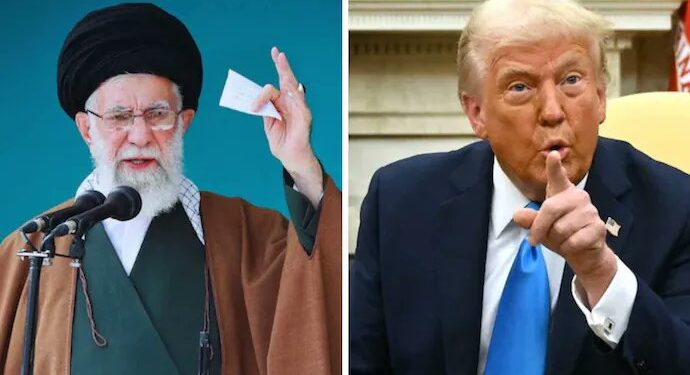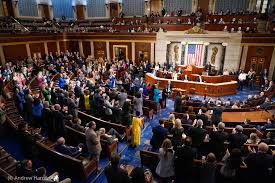Tehran condemned the US travel ban on Iranians and people of 11 other largely Middle Eastern and African nations on Saturday, describing the action as “racist mentality”.
Aside from Iran, the US prohibition includes nationals from Afghanistan, Myanmar, Chad, Congo-Brazzaville, Equatorial Guinea, Eritrea, Haiti, Libya, Somalia, Sudan, and Yemen.
On Wednesday, US President Donald Trump issued an executive order restoring sweeping restrictions that mimicked his first-term travel ban, which was justified on national security grounds following a firebomb assault at a pro-Israel event in Colorado.
Alireza Hashemi-Raja, the foreign ministry’s director general for the affairs of Iranians abroad, called the measure, which takes effect June 9, “a clear sign of the dominance of a supremacist and racist mentality among American policymakers”.
The decision “indicates the deep hostility of American decision-makers towards the Iranian and Muslim people”, he said in a statement issued by the ministry.
A partial ban was imposed on tourists from seven other nations.
According to Hashemi-Raja, the policy “violates fundamental principles of international law” and denies “hundreds of millions of people the right to travel based solely on their nationality or religion”.
The foreign ministry official stated that the ban was discriminatory and would “entail international responsibility for the US government”, but did not elaborate.
Iran and the US cut diplomatic ties shortly after the 1979 Islamic Revolution, and relations have remained difficult ever since.
The United States is home to the largest Iranian community outside of Iran.
In 2020, Tehran’s foreign ministry said that there were approximately 1.5 million Iranians living in the United States.
Trump’s executive order came just days after an attack on a Colorado gathering that left more than a dozen people injured.
The suspect is an Egyptian man who overstayed his tourist visa.




































